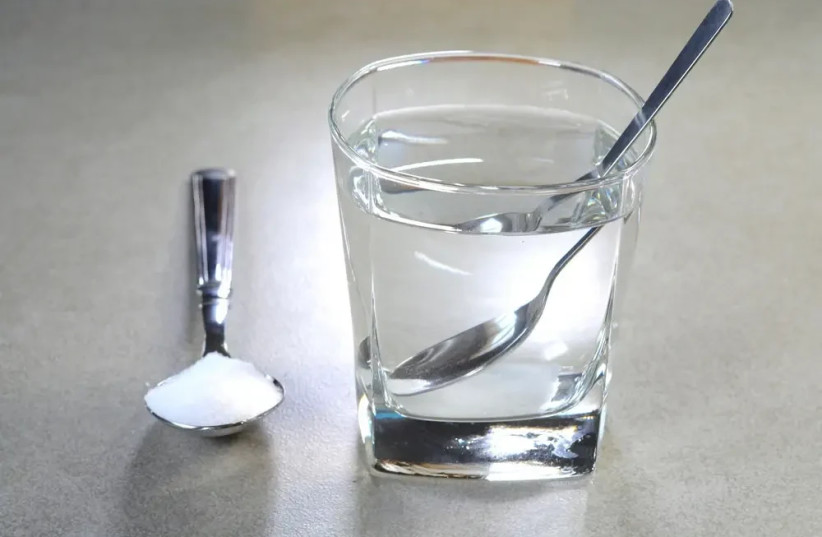Coronavirus may feel like a distant memory, but in reality, it hasn't disappeared, and it's expected to worsen during the winter season. A recent study has revealed that a common home remedy of gargling with salt water and rinsing the nasal passages can potentially alleviate symptoms of the virus and help avoid hospitalization.
Professor Jimmy Espinoza, an expert in obstetrics, gynecology, and reproductive sciences at the McGovern School of Medicine, University of Texas Health Science Center in Houston, conducted the study and described this intervention as universally available, inexpensive, and easy to use.
While infectious disease experts find these findings interesting, they emphasize the need for further research. It is essential to note that gargling and nasal irrigation should never be used as a substitute for vaccination or drug treatment.
Methodology
The study included 55 adults with coronavirus who followed a regimen of gargling and rinsing their nasal passages with salt water at different doses. One dose comprised approximately a third of a teaspoon of salt, while a higher dose equaled a full teaspoon of salt dissolved in warm water.
Participants were instructed to perform these actions four times a day for 14 days. Their outcomes were compared to a control group of 9,398 individuals who also had coronavirus but did not receive instructions for gargling or nasal washing.
The study revealed that the participants who followed the gargling and rinsing regimen experienced significantly lower hospitalization rates compared to the control group, indicating less severe symptoms.

These findings support earlier studies suggesting that saline irrigation of the mouth and nose can reduce the viral load of the coronavirus and aid in clearing the virus from the throat and nasal passages.
The results of the trial were presented during the annual scientific meeting of the American College of Allergy, Asthma, and Immunology in Anaheim, California, and have not yet been published in a peer-reviewed medical journal. Infectious disease experts stress the importance of conducting further research on larger patient populations.
While gargling with saline is seen as an interesting potential preventative measure, it should be considered secondary to the effectiveness of corona vaccine-induced virus-neutralizing antibodies. It is worth noting that individuals with chronic hypertension should avoid using saline gargles due to the risk of accidentally swallowing salt, as excess salt intake can raise blood pressure by constricting and hardening blood vessels.
